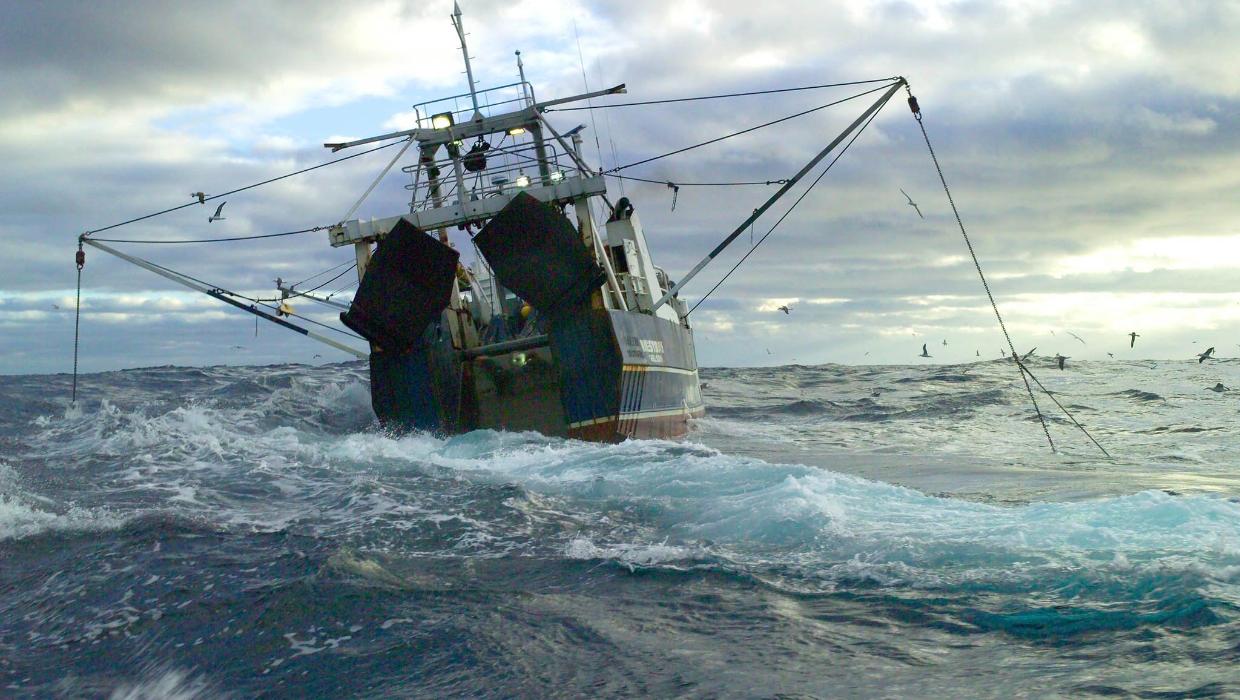Top Stories
New Treaty Established to Protect International Waters and Marine Life

A significant new treaty has been agreed upon to enhance the protection of international waters, introducing regulations on activities such as deep-sea trawling and seabed mining. This landmark agreement, finalized in March 2024, aims to create protected marine areas and promote sustainable practices in the vast oceans that cover over 60% of the Earth’s surface.
The treaty, known as the Treaty on the High Seas, represents a crucial step in global efforts to safeguard marine biodiversity. It was negotiated under the auspices of the United Nations and has garnered support from numerous countries, including New Zealand, which has expressed intentions to adopt the treaty. However, as of now, New Zealand has yet to ratify the agreement, which could delay its implementation.
Key Provisions of the Treaty
The treaty’s provisions include measures to establish marine protected areas, which will help preserve vital ecosystems and species vulnerable to human activities. It also sets restrictions on practices like deep-sea trawling, which has been linked to significant environmental damage, and seabed mining, which poses threats to marine habitats.
With approximately 1 million square kilometers of ocean designated for protection, the treaty aims to balance economic interests with environmental conservation. The agreement also establishes a framework for international cooperation and scientific collaboration, enabling countries to work together in monitoring and enforcing these new regulations.
International Reaction and Next Steps
Reactions to the treaty have been largely positive, with conservationists and various governments praising the move as a necessary evolution in marine policy. The International Maritime Organization has highlighted the importance of the treaty in combating climate change and protecting ocean health.
While the agreement has been celebrated, the delay in ratification by New Zealand raises concerns. As a key player in ocean governance, New Zealand’s commitment is vital for the treaty’s success. Environmental groups are urging the government to act swiftly to finalize the ratification process, emphasizing that every day of delay could have detrimental effects on marine ecosystems.
As the world grapples with the dual challenges of environmental degradation and climate change, the establishment of the Treaty on the High Seas marks a pivotal moment in international efforts to protect the ocean’s resources. The next few months will be critical, as countries prepare to implement the treaty and establish the necessary frameworks for its enforcement.
-

 World3 months ago
World3 months agoTest Your Knowledge: Take the Herald’s Afternoon Quiz Today
-

 Sports3 months ago
Sports3 months agoPM Faces Backlash from Fans During Netball Trophy Ceremony
-

 Lifestyle3 months ago
Lifestyle3 months agoDunedin Designers Win Top Award at Hokonui Fashion Event
-

 Sports3 months ago
Sports3 months agoLiam Lawson Launches New Era for Racing Bulls with Strong Start
-

 Lifestyle3 months ago
Lifestyle3 months agoDisney Fan Reveals Dress Code Tips for Park Visitors
-

 World4 months ago
World4 months agoCoalition Forms to Preserve Māori Wards in Hawke’s Bay
-

 Health3 months ago
Health3 months agoWalking Faster Offers Major Health Benefits for Older Adults
-

 Politics3 months ago
Politics3 months agoScots Rally with Humor and Music to Protest Trump’s Visit
-

 Top Stories4 months ago
Top Stories4 months agoUK and India Finalize Trade Deal to Boost Economic Ties
-

 Entertainment3 months ago
Entertainment3 months agoExperience the Excitement of ‘Chief of War’ in Oʻahu
-

 World4 months ago
World4 months agoHuntly Begins Water Pipe Flushing to Resolve Brown Water Issue
-

 Science4 months ago
Science4 months agoNew Interactive Map Reveals Wairarapa Valley’s Geological Secrets









